I have a new friend, Alisa Barcan from Cambridge, England, who’s a financial coach and consultant. She has a great YouTube channel and writes articles about money that I find incredibly compelling, including this one, which got me thinking about my journey with money.
As a college-aged person, I had a, shall we say, negligent relationship with money. I grew up in a household where there wasn’t a lot of money but what we did have was tightly managed by my mother. She had separate funds for everything: travel, groceries, clothes, makeup, housing expenses, bills…
I can look back on it now and see that it was an impressive way to manage a teacher’s salary for a family of five. We always had good food, we lived in a modest but nice little house, we traveled a fair amount.
If I were to call my mother in the middle of the night and ask her how much money was in her checking account, or how much money she spent on my wedding versus my brothers’ or what she paid for her first car, she has some checkbook register that she could pull up within about three minutes and tell me the answer to all those questions and many more. And I mean to the penny. She’s not a, “I spent about $2,500 on your wedding.” She’s a “I spent $2,631.17 on your wedding. Now, for your brother Evan’s…” kind of person. It’s pretty impressive…and not something I could or would ever do.
I knew from a very early age that that system would never work for me. I simply don’t care about bean counting. In fact, Quinn and I took Dave Ramsey’s Financial Peace University program at our church when he was in high school. Dave’s a bean counter; I knew pretty quickly it wasn’t going to resonate with me despite some good ideas. That and he’s one of those conservative religious guys who says things like, “Guys, you know your wife’s gonna shop, right?” [barf!]
Now that we do all our banking online, I have a much better sense of what’s in our accounts. But I have to look them up every time. I have never, and I do mean NEVER, used a checkbook register. Before debit cards, I remember feeling pressure at the grocery story to just move along once I had written the check and handed it over. Someone was waiting in line, (im)patiently putting their bags of chips, cans of tuna fish and loaves of bread on the moving belt and inching closer to the little counter where they’d write their check and no doubt subtract the amount with ease right then and there. That was not the time to use my fingers to count down the bill from the total in the account. So I just never did.
And I pretty routinely bounced checks as a young, single mom.
And I was pretty routinely panicky about it because I understood that it was a problem, and that it was costing me a lot of extra money that I never had and that it was irresponsible. But I felt about money, until pretty recently in my life, like I imagine I would feel if I got dropped in the middle of the ocean and was asked to swim to an unseen shore in an unknown direction. Sure, I could shift between the American Crawl, the breast stroke, the back stroke, the side stroke; I could even doggy paddle. But to what end? There’s no swimming to a shoreline you can’t even know is there much less see from the middle of the ocean. It’s simply impossible.
So for years, I didn’t really care about money. I half heartedly tried to manage it, but my inability to so often do that convinced me that it was because I’m so bad at math. Somehow, the fact that I can’t solve quadratic equations must also mean that I couldn’t keep track of the actual amount of money I had and spend less.
Read number 3 of Alisa’s article. There’s that theory busted wide open.
I took comfort in the fact that I had no credit card debt, and I have always had a savings account. In fact, sometimes my problem was that I would get “organized” and put together a budget for the month where it looked like I could put $200 into savings because I was going to be so “flush with cash.” I would do that, and then I’d bounce a check because I was $3 short in my checking account. And then, because the mail was delayed, I wouldn’t know I had been short, so I would have the (at the time) $19 bounce fee tacked on and then another and perhaps another and another check would go through, and the negative sign was in front of an ever growing number. And the shoreline, one that I thought I had seen on an upswell, became a distant memory as I was pushed further and further away from it. And the aimless swimming began again.
A million reasons for this financial chaos:
I had a dream to be a movie star, so not only could I obviously not take a full-time job that would hinder my ability to pursue that dream, but I would eventually make so much money that it wouldn’t matter that for years, I financially floundered. My situation was temporary, so it was just something to endure and try to manage as best I could.
I convinced myself that with a theatre degree and a baby, there was absolutely no job that would do anything but pay for daycare, and that seemed not only like a soul suck but also stupid. I had kept this baby—why pay someone else to raise him? So I cobbled together odd jobs that let me take him with me: babysitting, speech coach, one act play director, local commercial actor. The inconsistency of pay was phenomenally stressful, but I didn’t realize that then.
I was young. Who in the world really cared about salaries and benefits? None of my friends had real jobs. I didn’t know any engineers or lawyers or even teachers when I was first starting out. Almost everyone I knew was an artist of some sort, so none of us had any money or security. And none of us even wanted it. “Retirement accounts???? For heaven’s sakes—we’re artists. Retirement is for accountants and the like (full body shudder). Artists don’t retire, so we don’t have to worry about it.”
Once I did finally start working full-time (at 37, but who’s counting?), I was unbelievably underpaid, and that lasted for years.
This just dawned on me right now:
[Long sentence. Take a deep breath.] Because it had been so devastating to find out I was pregnant and realize I wasn’t going to get to move to Los Angeles, I actually think living as much like an itinerant bohemian as I could, while still taking care of said baby, was the way I held out hope for a life that I suppose I very early on, if I had ever allowed myself to be brutally honest, knew was never coming for me.
Yes I was living in Fargo, ND, carrying a baby back and forth, but I was poor and aimless and trying to put aside money every month so I could have new headshots taken. Just like all my friends who were doing the same thing, minus the baby, in Chicago, New York, Los Angeles.
And this went on for years. And years and years.
I joke with Dr Marry that he’s the wrong kind of Dr, but at least he knows I didn’t marry him for his money. But the truth is, when we did get married, I was two years into a house that, while incredibly modest, was way out of my financial capabilities and was ruining me. For the first time, I was caught up in a tidal wave of having to use my credit card to live. This time, there was no negative sign, but the number was growing increasingly every month, and I saw no way out of that. In so many ways, it felt like it was time to just stop swimming and let the water take me down.
I assumed that when we got married, all my financial woes would magically disappear. Dr Marry had a tenure-tracked job as a college professor. I was working as a freelance writer and actor and making ok money, or so I thought. It’s funny that $25,000 can feel like winning the lottery if you’ve lived on fewer than $10,000 for years.
We joined our finances, and I waited to feel the wealth rain down. I was sure the shoreline was just over the next wave.
But it sure wasn’t.
Certainly, things were better. We paid down my debt, put in a new kitchen floor, drain tile and an egress window. We bought an electric lawn mower. But I was still making simple mistakes when I bothered to get organized—putting too much into savings in anticipation of some commercial gig check coming through and bouncing a payment because we were short $5 in our account.
And it was maddening. Because while I’m no math whiz, I’m also not stupid. Dr Marry and I fought over money all the time because I didn’t know where it was all going. And he was completely disengaged from it and hiding what he was buying with all the cash he was pulling out every week (surely one of the most insidious aspects of addiction is that the addict learns how to make it impossible to trace where the money goes, which makes the other person feel completely crazy and out of control.) And I was shopping at J.Crew sales or going downtown and coming home with $700 of clothes I just “had to have.”
And I wanted our lives to be better. Between us, we have six degrees and virtually no college debt (I took out a bit to get my teaching licensure). We were squarely middle class, despite how repugnant that concept is to Dr Marry (the phrase “middle class” is completely different between America and England. In England, it implies that you might not have a country estate, but you have access to someone who does and routinely go there to shoot, etc.). We both by this point had “real” jobs. HOW were we in such desperate financial straits all the time?
I began to obsess over it. The lack of money made me feel out of control, and I looked around and resented everyone else who seemed to be in excellent financial shape. Everyone else was making more money for working seemingly less hard and getting ahead while we were staying level at best or moving backwards at worst.
Case in point, we went to visit Quinn for the first family weekend while he was in college. It was October of 2014. I got a notification on my phone of an overdraft while we were there, and I had to ask my 18-year old son if I could transfer some money from his checking account to ours to cover the overdraft because we weren’t going to get our next paychecks for a week. That was mortifying. And that wasn’t all that long ago.
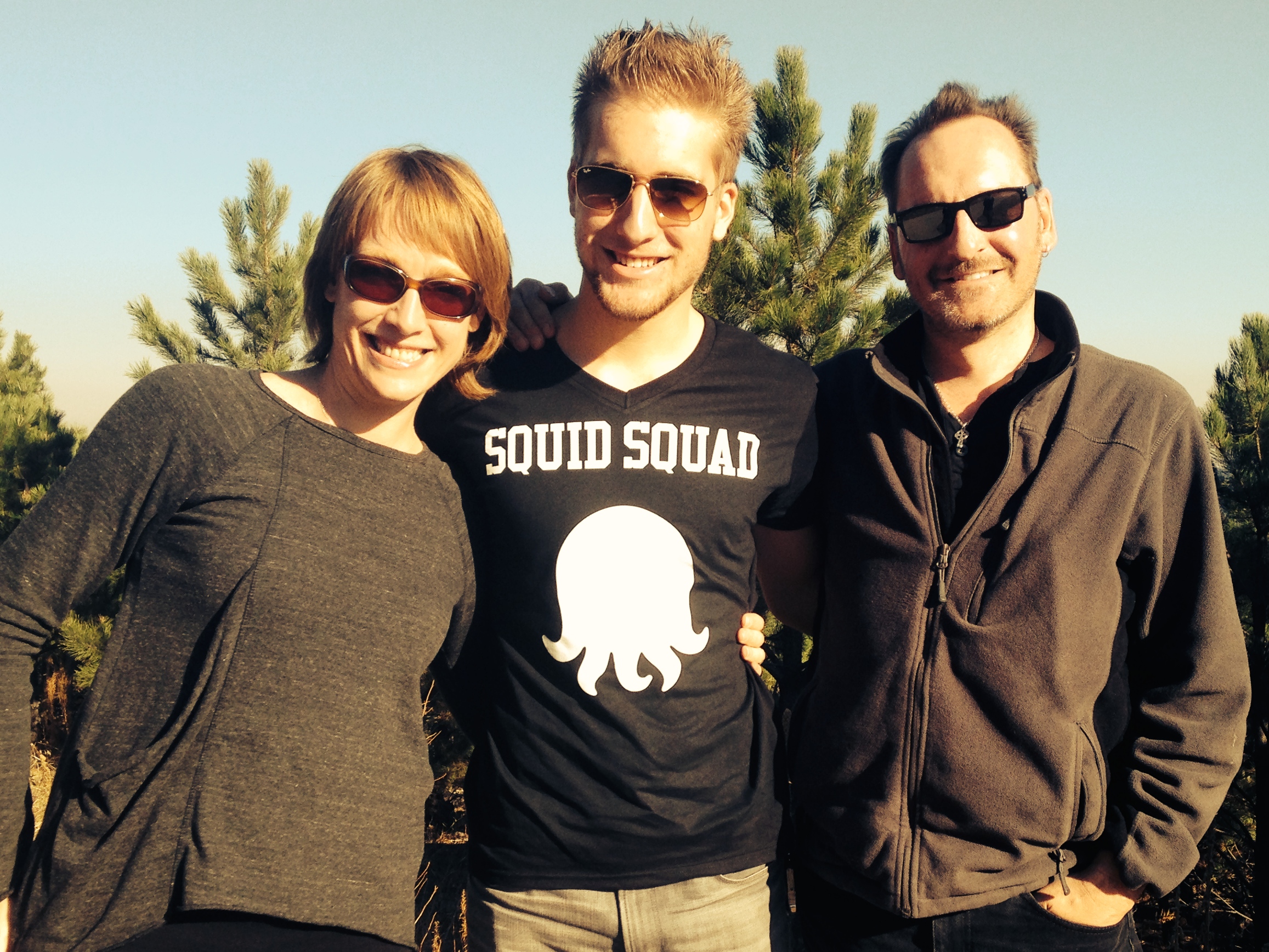
Fast Forward to Today
As we said in a recent “Daily Dose…” we will pay off our house this month. I bought this house in August 2006 with a 30-year loan. We got married in 2008 and refinanced to a 15-year loan. We refinanced one more time in 2011 when we got all new windows and siding. We will have paid for this house in 14 years and 2 months. And we paid almost half of the full amount of the loan in 2020.
And we are now on a path to wealth that changes everything. I can’t tell you how thrilled I am about that for so, so many reasons. Dr Marry getting sober was a financial game changer for us. But he wasn’t drinking $20,000 of alcohol a year, so that certainly wasn’t all of it. I stopped shopping nearly three years ago. To date, I’ve spent fewer than $2,000 on clothes and shoes since 2017. We are both making much closer to what we should be making financially in our jobs, which has allowed us to be aggressive in paying off the house while traveling, when we could, multiple times a year out of the country and being generous donors to nonprofits that matter to us.
Money today is something we manage; it no longer manages us. And the way I feel about it has shifted 180 degrees.
I don’t look around enviously at others who are doing better today. I don’t begrudge those who married the “right” kind of doctor or lawyer or CEO. First of all, I am a CEO, so there’s that. There’s very little I can’t have that I want today, and as soon as we hit that point, my desire to have “things” (besides art) virtually vanished.
We’re not only not drowning in the ocean, but we have built a lovely little houseboat that can weather the storms and waves. I don’t need to frantically look for a shoreline because I am safe and sound…and most importantly so, so happy in our boat. We can be on the ocean for as long as we choose like this.
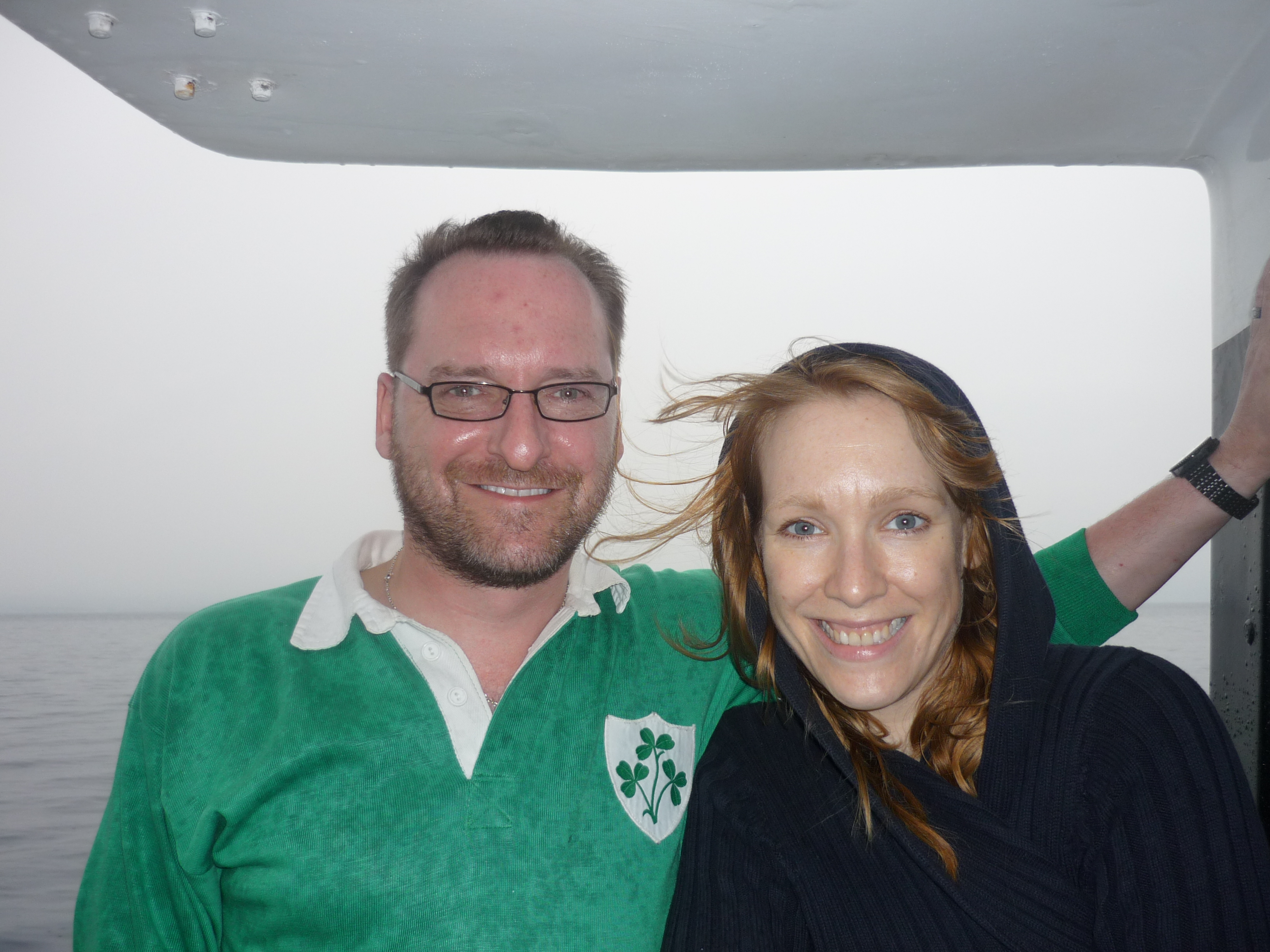
By many people’s standards, we sill have a very modest life. We don’t make gobs of money. The average CEO of a tech startup makes twice what I do, and a small company CEO averages 4-6 times what I make. While I still doubt they work any harder than I do, I no longer pay that any mind.
Dr Marry could no doubt go into the agricultural business sector as a researcher and make significantly more money, but he loves his job and values his role with students. There’s little price to put on that.
I seemingly made a lot of poor financial decisions when I was a young person; most people would say I should have taken any job I could get—the salary, the benefits, the opportunity to increase my income. I don’t disagree…on paper.
But I am an artist; I am still, at heart, an itinerant bohemian. And I still care very little about benefits and retirement because I still believe that artists don’t retire, so I’ll be just fine. And my instinct that my financial woes were temporary proved true. The path hasn’t looked like I imagined it would, but what I manifested about money all those years ago has never wavered and has absolutely played out perfectly.
Alisa ends her article with this:
We are ashamed to admit that we do think money is important and we judge others who publicly state it. However, giving money importance is not the equivalent of chasing it all the time and above all else.
Believing money is important means giving it the attention it deserves and taking responsibility for your finances.
In my own funny way, I have always taken responsibility for my finances. Not in a way that most people understood, and certainly not in a way my mother would have preferred. But I have always marched to the beat of my own drum, and it has always worked out beautifully.
To adapt Henry David Thoreau: If a [woman] does not keep pace with [her] companions, perhaps it is because [she] hears a different drummer. Let [her] step to the music which [she] hears, however measured or far away.


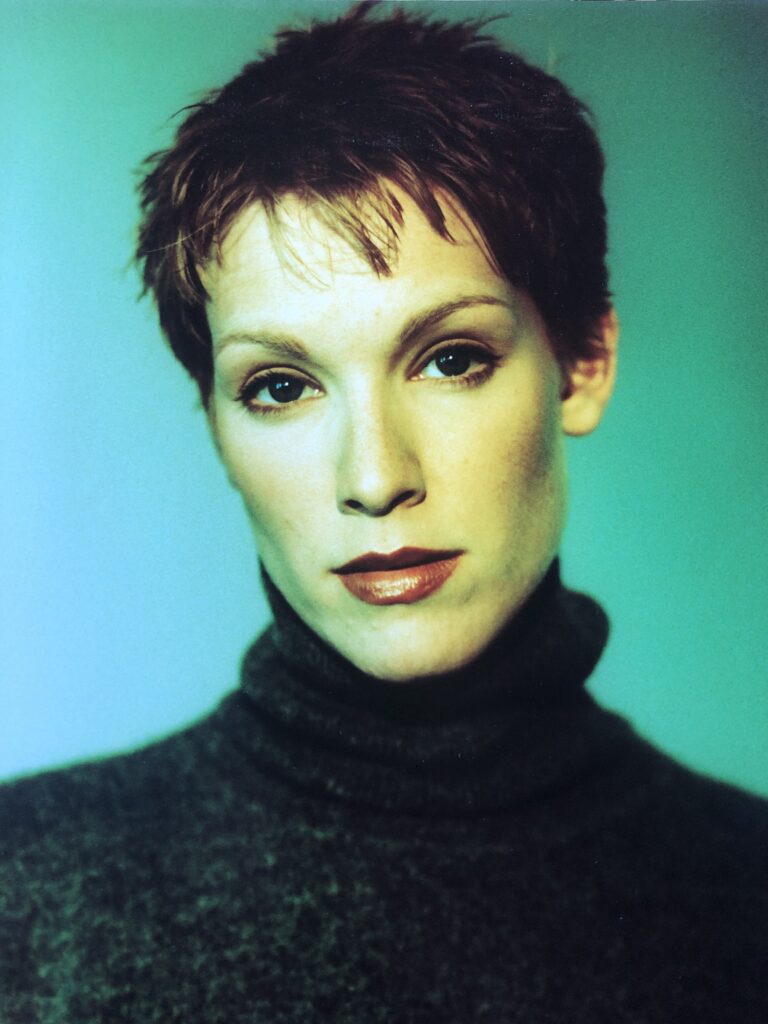
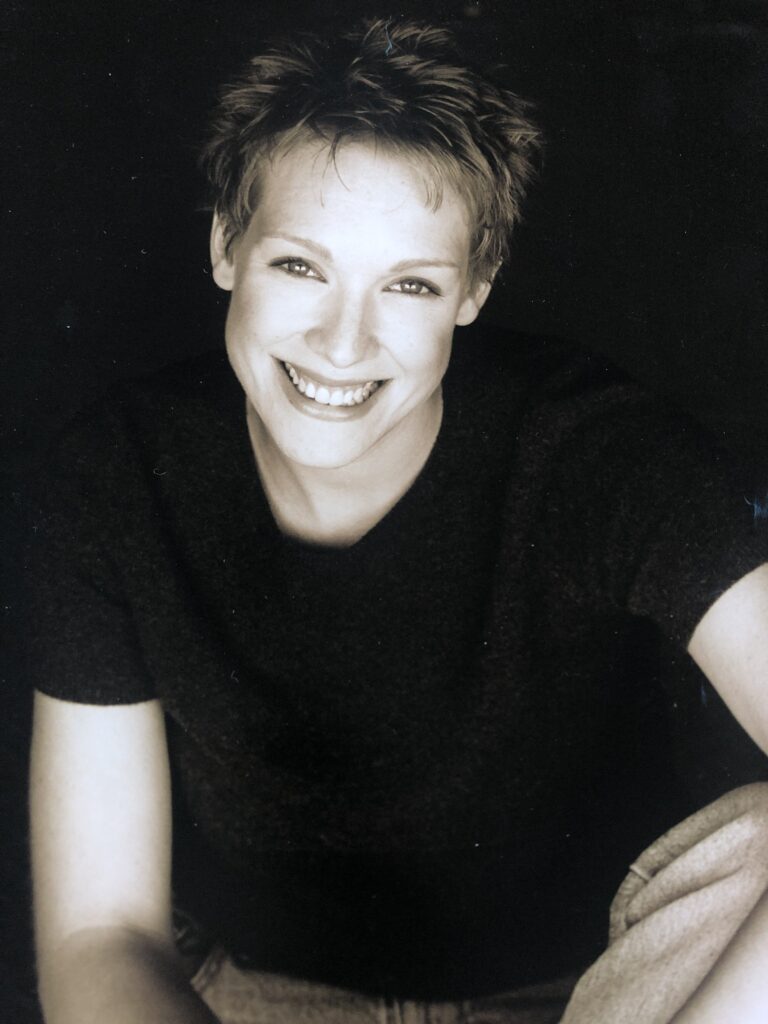
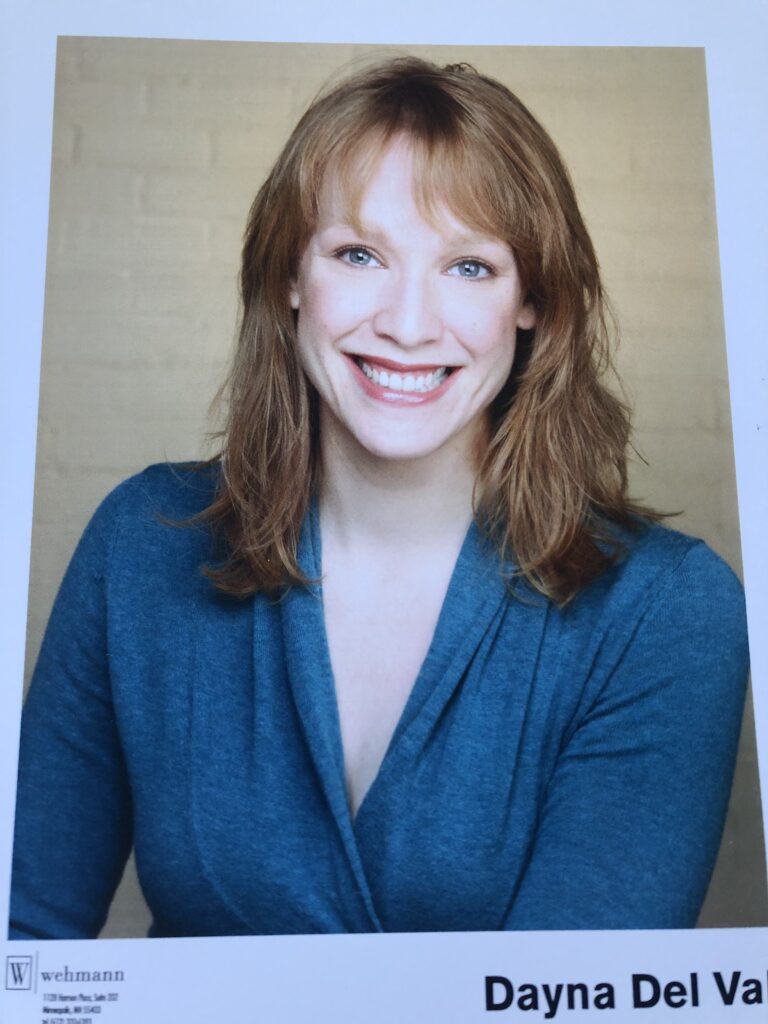
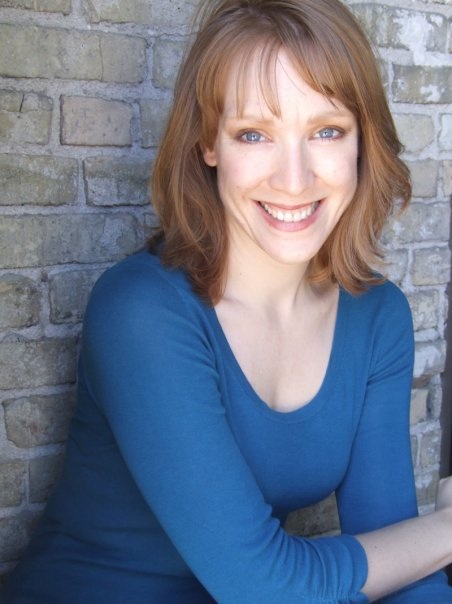
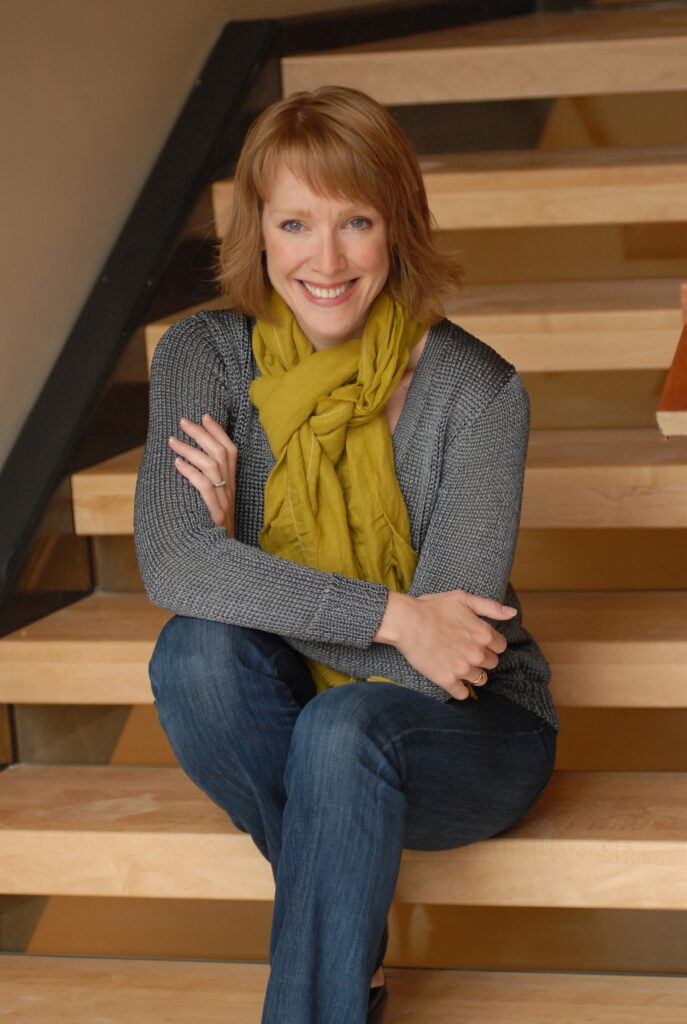
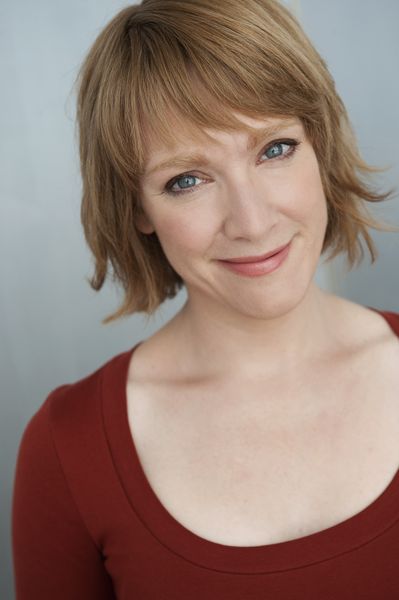

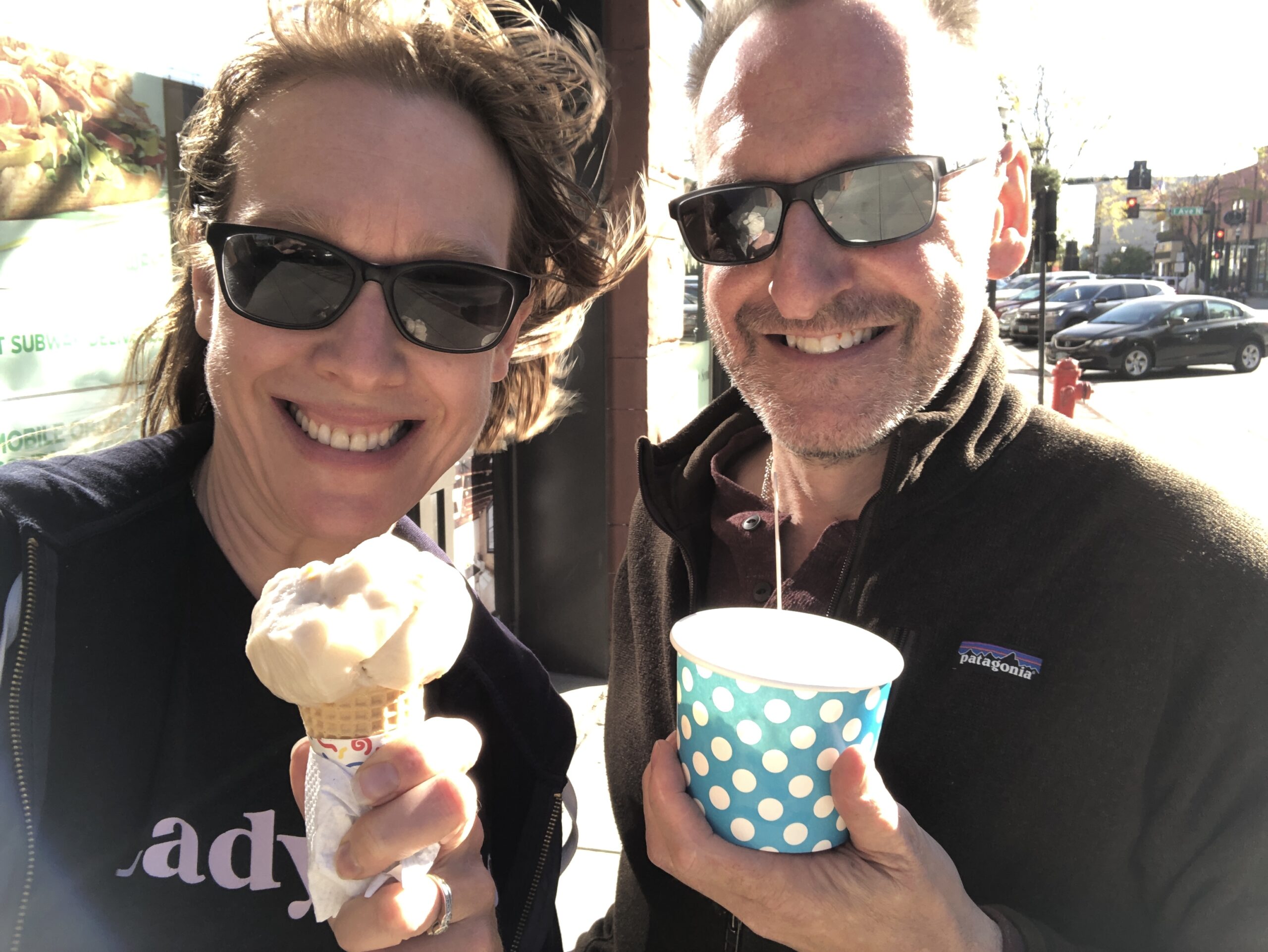

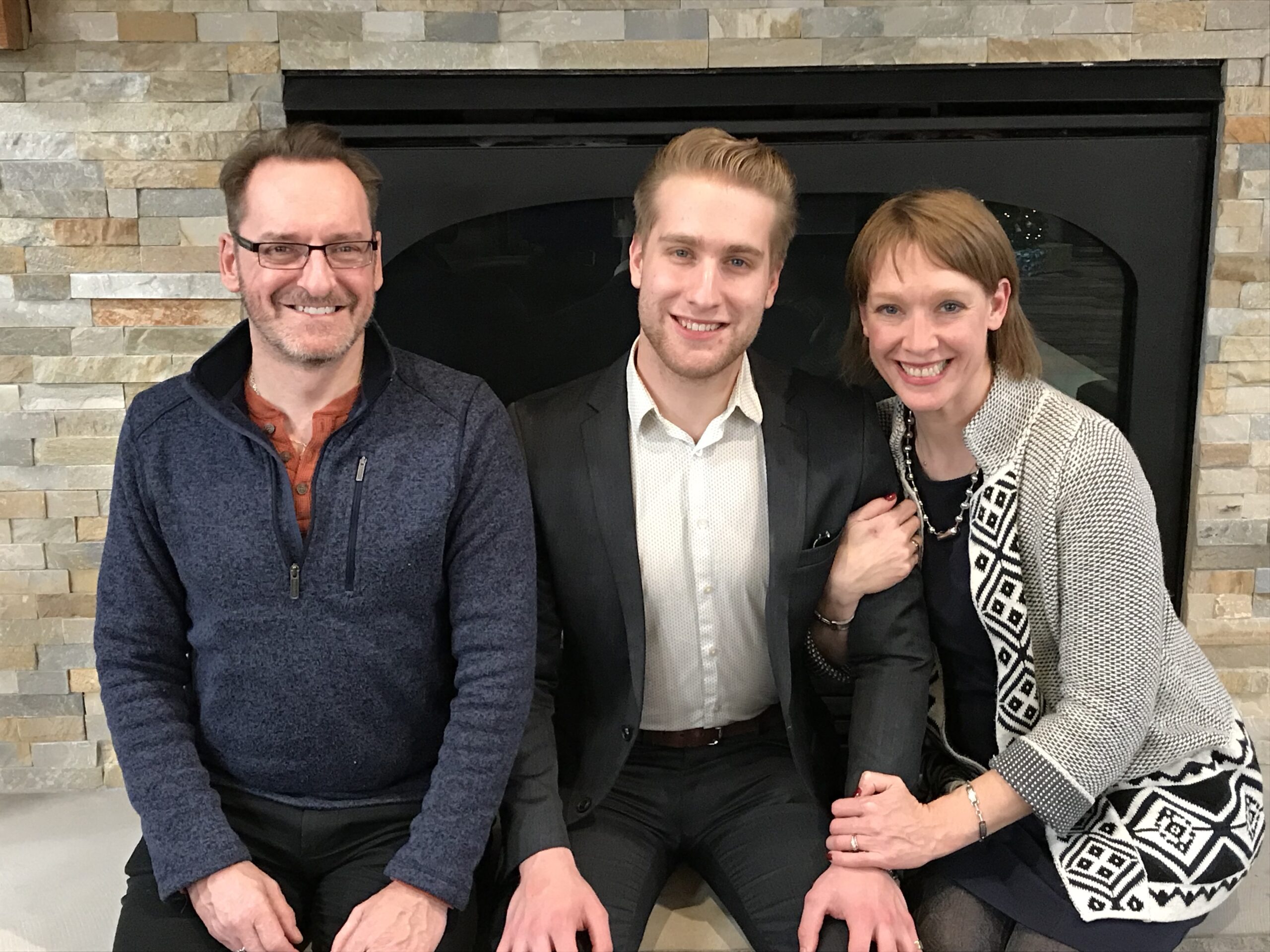
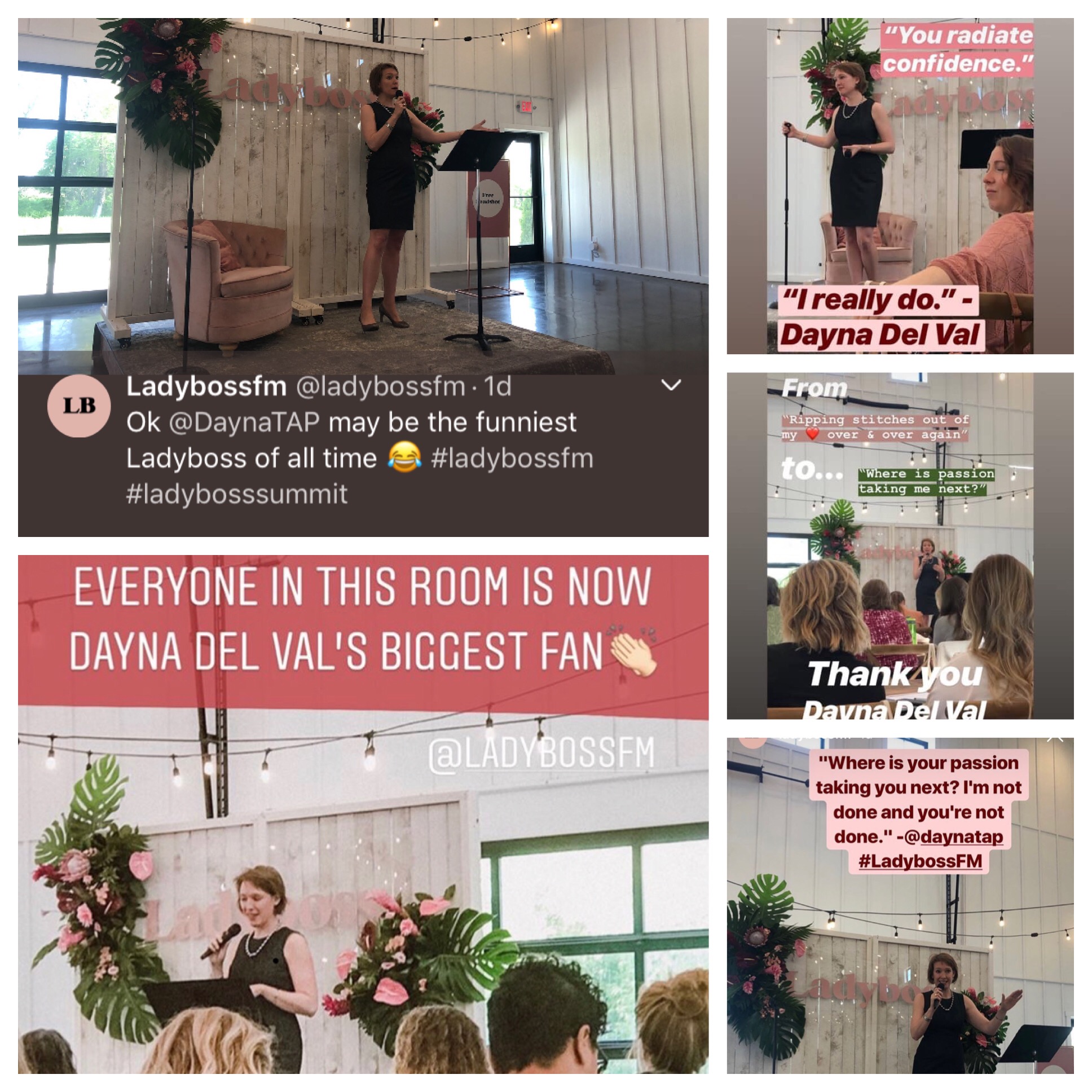



5 Comments
Renee Mindt
This is very interesting. The other day I had a discussion with a friend of mine and I asked him if he thought it was ok to have money. I grew up extremely poor but my Grandmother made sure we had our “survival” needs – a roof over our heads, clean clothes, enough food (my stomach would show you that we had plenty of that), heat, water, etc. Anyway because I grew up that way I asked him if it was ok to have money because even though I am considered poor theses days I have more than what we had when I was growing up. He told me that if it is honestly earned then yes it is ok to have money. Sometimes I feel guilty for spending money on things that I don’t need although that doesn’t happen that often. I am pretty stingy though. I always put money into my savings account and then withdraw it as the bills come due. I remember being extremely poor in my younger years also. Trying to pay off school loans and keep up with other bills I remember going without food and heat to pay those bills. I definitely don’t miss those days. But those days did teach me a lot about financial responsibility.
Dayna Del Val
Renee,
Thank you for sharing. I hope you can get to a point where you know that you have earned your money and whatever level of comfort it can bring To you and others. Having it is no shame—being greedy with it is. Good luck on the never ending journey!
Carol Honcik
Interesting read about your relation to money. I can relate to being a single Mom trying to make my rent and by food for my baby girl.
Everyone has their own attitude towards money, is it made to be saved or spent??? I’m 63 soon and have spent my entire life with money concerns. I’m probably the only one that lives in my home that feels this way about our finances. Thank you for sharing Dayna.
Dayna Del Val
Thanks for being such a champion, Carol.
Pingback: